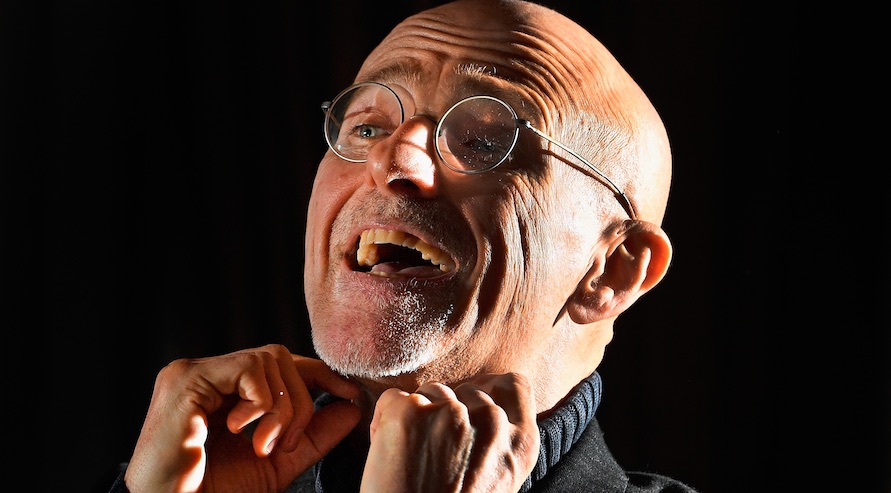A controversial Italian doctor claims that he and a team of Chinese doctors performed the first successful head transplant using two human cadavers, according to The Telegraph, adding that the first transplant on live humans is “imminent.”
The procedure took 18 hours to complete, according to Sergio Canavero, a doctor with the Turin Advanced Neuromodulation Group in Italy.
“For too long nature has dictated her rules to us,” Canavero said at a press conference. “We’re born, we grow, we age and we die. For millions of years humans have evolved and 100 billion humans have died. That’s genocide on a mass scale. We have entered an age where we will take our destiny back in our hands. It will change everything. It will change you at every level.”
The problem? Experts say that it’s just like the novel Frankenstein: fiction.
“It’s not like putting a light bulb into a new socket,” Arthur Caplan, a professor of bioethics at New York University’s Langone Medical Center, told LiveScience. “If you move the head and the brain, you are putting it into a new chemical environment with new neurological input. I think it would drive the person crazy before they died.”
Why a head transplant won’t work
There has been some success transplanting heads onto the bodies of animals. Xiaoping Ren of Harbin Medical University, China, successfully transplanted a head onto a monkey’s body in 2016, though it died hours later. In another case, a dog started walking six weeks after a head transplant, albeit awkwardly.
“Based on the classic thinking about how nerves regenerate it was unbelievable,” Michael Sarr, a former surgeon at the Mayo Clinic in Rochester, Minn., told USA Today.
But the risks for humans are too great
“There are too many risks at this point to go ahead with it,” Assya Pascalev, a biomedical ethicist at Howard University in Washington, D.C., added to USA Today. “We don’t have enough data with animal models, sufficient published and peer-reviewed results, and particularly data about morbidity and mortality on the animals that have had the procedure.”
Plus, it’s likely that the body would reject a new head
“We have a face transplant program here [at NYU] — it is very difficult to just transplant the face,” Caplan told LiveScience. “It requires massive doses of immunosuppressants” in order to keep the body from rejecting it.
“The head would be an even bigger problem, requiring even bigger doses,” Caplan added. “It would probably kill you in a few years from rejection or infection.”
A successful transplant would also require the proper connection of nerves and blood vessels in the brain and spinal cord from the donor’s body to the living person. And even if it did work the human probably wouldn’t regain consciousness or have a quality of life.
“It’s cruel, and it certainly is a recipe for a disaster,” Caplan said.

















